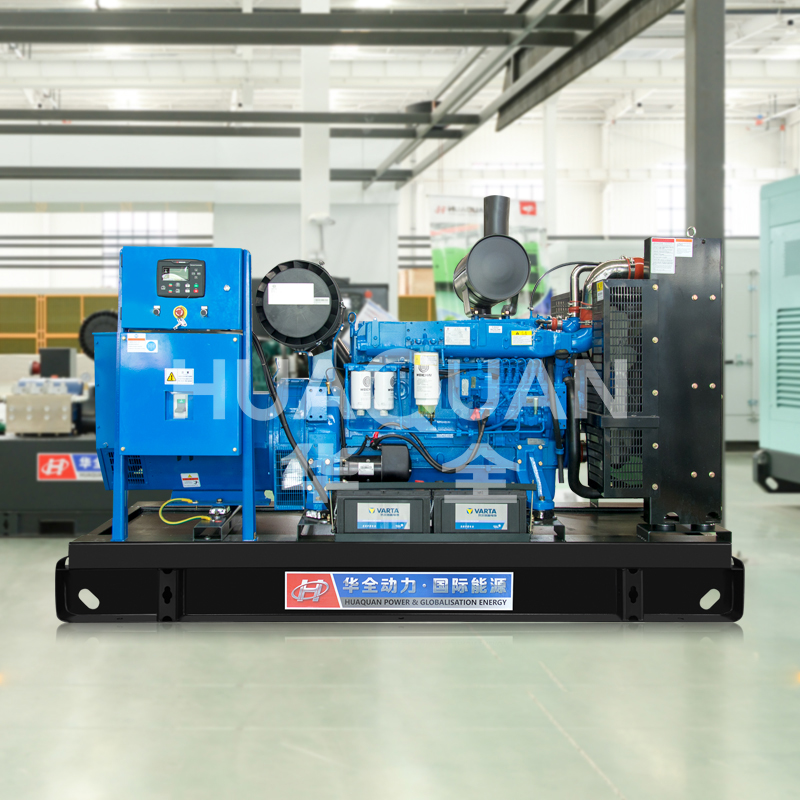Diesel generators serve as reliable power sources across various industries, but proper operation is crucial for safety and longevity. Understanding key operational considerations will help maximize performance while minimizing potential issues.
1. Preparations
Before starting your diesel generator, conduct thorough visual inspections. Check fluid levels including engine oil, coolant, and fuel. Verify all connections are secure and examine the exhaust system for leaks or blockages. Ensure the surrounding area has adequate ventilation to prevent dangerous fume accumulation.
2. Proper Startup Procedures
Follow manufacturer-recommended starting sequences precisely. Allow sufficient warm-up time (typically 3-5 minutes) before applying electrical loads. Gradually increase the load in increments rather than applying full capacity immediately. This practice helps prevent thermal shock to engine components.
3. Load Management Techniques
Avoid prolonged operation at either extreme - either too light (below 30% capacity) or too heavy (above 80% capacity). Both conditions can cause excessive wear. Distribute loads evenly across phases for three-phase units. Implement a load bank testing schedule for standby generators to verify proper operation under full load conditions.
4. Continuous Monitoring Requirements
During operation, regularly monitor key parameters including:
Oil pressure and temperature
Coolant temperature
Voltage and frequency output
Exhaust smoke color (should be light gray)
Immediately investigate any abnormal readings or unusual noises.
5. Fuel Quality Considerations
Use only clean, high-quality diesel fuel appropriate for your climate. In cold environments, implement proper winterization measures including fuel additives and tank heaters. Maintain a regular fuel polishing schedule to prevent microbial growth and water contamination in storage tanks.
6. Scheduled Maintenance Practices
Adhere strictly to manufacturer-recommended maintenance intervals for:
Oil and filter changes
Coolant replacement
Air filter cleaning/replacement
Fuel filter replacement
Valve clearance adjustments
Keep detailed maintenance records for reference.
7. Emergency Shutdown Protocols
Familiarize all operators with emergency shutdown procedures. Immediately power down the generator if you observe:
Sudden loss of oil pressure
Coolant temperature exceeding safe limits
Uncontrolled speed fluctuations
Electrical malfunctions
Visible fuel or coolant leaks
By implementing these operational guidelines, users can ensure their diesel generators deliver reliable performance while extending service life. Proper operation combined with regular maintenance forms the foundation for dependable backup power when needed most.



